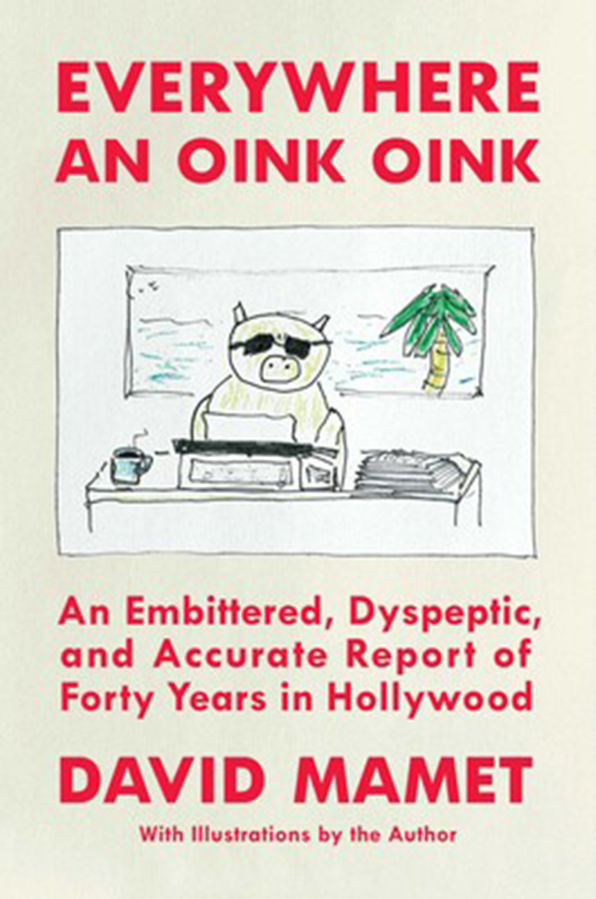CHICAGO — My first encounter with David Mamet was not a pleasant one.
It began on the night of May 25, 1979, when I watched in increasing dismay, the world premiere of his latest play, a musical called “Lone Canoe.” Back at the Chicago Sun-Times offices, I typed my review, which appeared in the next day’s paper with the headline “Lifeless and full of holes, Mamet’s ‘Lone Canoe’ sinks.”
I was not alone in my critical contempt. Linda Winer of the Tribune wrote that the play was “about testing, exploring, and really getting lost. And so, for the moment, is Mamet.” Other critics were equally dismissive.
But time passes, bygones become bygones and over the next decades, not only did Mamet become the country’s leading playwright and a Pulitzer Prize-winner, he and I became pals and I have read or watched everything he has created since “Lone Canoe,” which he has long considered one of the few failures of his writing life and career, which are actually one in the same.
For the record, Mamet is Chicago-born and first became famous here for such early plays as “Sexual Perversity in Chicago” and “American Buffalo” and then a couple dozen more, including “Glengarry Glen Ross” (winner of a Pulitzer Prize in 1984); nearly 50 films such as “The Verdict,” “Wag the Dog” and “Hannibal,” 20 or so which he also directed (among them “House of Games,” “Homicide” and “The Spanish Prisoner”); some television work and more than 20 books.



